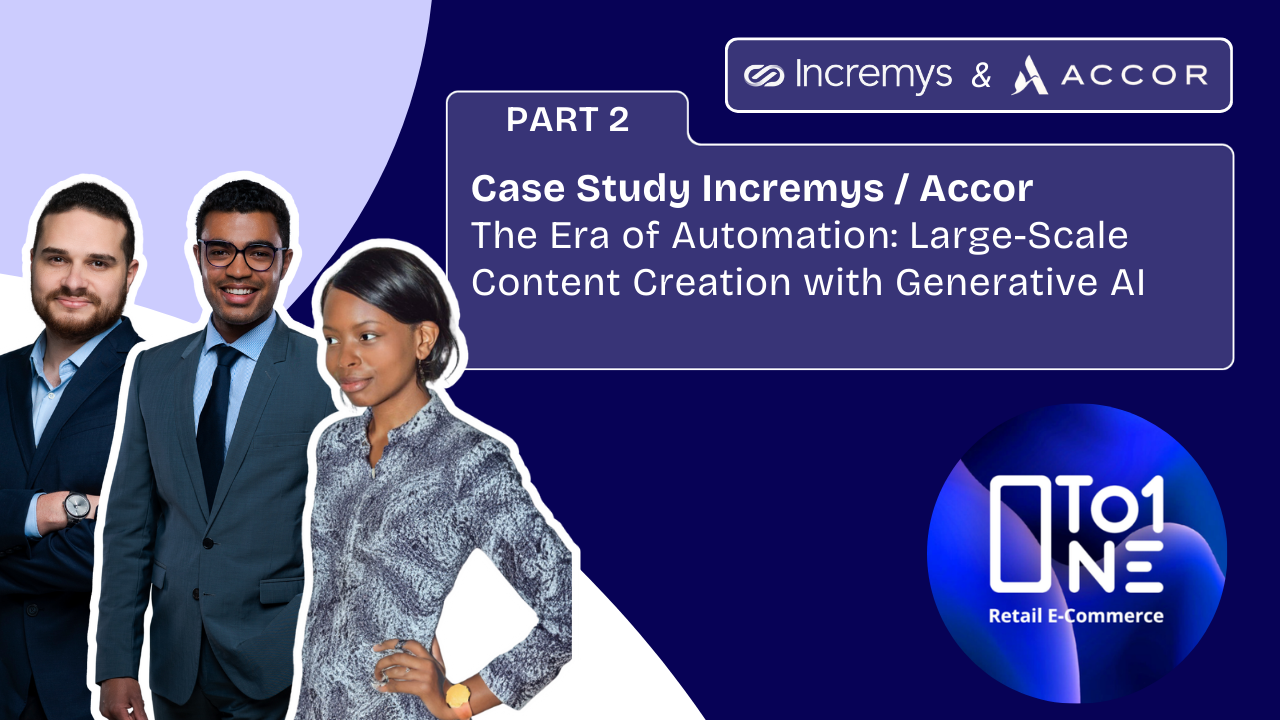September 9th 2025
Selecting the right keywords for your editorial content is a decisive factor in increasing your website’s organic traffic. The keywords you target act as gateways for users to discover your site in search results. However, not all keywords are equal, and attracting visitors is only valuable if they are genuinely interested in what you offer. In this article, we’ll explore high intent keywords and why they matter for SEO. We’ll explain how to find high intent keywords, recommend the best tools for the job, and highlight their overall importance within a search intent strategy.
What are high intent keywords?
High intent keywords are search terms that clearly indicate a user’s strong and specific intention. They are most often linked to commercial or transactional search intent, signalling that the user is close to taking action—such as making a purchase. Imagine a customer walking into a shop knowing exactly what they want to buy; that’s the power of high intent keywords in your content strategy. While this concept is often associated with buying, high intent can apply to any type of user goal, as we’ll see in the next sections.
Note: There are both high intent and low intent keywords. Low intent keywords are generally less relevant and will not be discussed further in this article.
Practical examples
Search intent has become a key factor for search engines in delivering relevant results. In essence, search intent is the real goal a user has when they type a query. It’s important to understand the four main types of intent and what sets them apart. Below, we’ll provide examples of high intent keywords for each category.
Navigational intent
This is when a user is looking for a specific website or a particular section of it. They already know the brand or company name but want to avoid typing the full address or searching through the homepage. In these cases, the brand name itself is usually the keyword.
Examples: "YouTube Beatles", "PSG honours"
Informational intent
Most searches fall into this category. The user isn’t ready to buy just yet—they’re looking for information to help them make a decision.
Examples: "How to", "Why does", "What is", "What does it mean"
Commercial intent
Here, the user is considering a purchase but wants to compare options or read reviews before deciding. They’re near the end of the buying journey. Ranking well for these keywords can be highly profitable.
Examples: "Best", "Top 10", "Reviews", "Opinions", "X vs Y"
Transactional intent
This is the final step, where the user is ready to buy immediately. The page they land on should present the product clearly, with a prominent call to action.
Examples: "Cheap", "Discount", "Free delivery", "Sale", "Bargain"
Why high intent keywords matter for SEO
SEO is about increasing both the quantity and quality of your organic traffic. The quality depends largely on the intent behind the keywords users search for. If you take intent into account from the start, your content will meet users’ needs more effectively, leading to better conversion rates. Simply generating traffic isn’t enough if it’s not the right audience. That’s why it’s essential to build intent into your content strategy. From an SEO perspective, intent helps determine the type of content you should create. High intent keywords require tailored content that encourages users to take action—whether that’s making a purchase, signing up, or another goal.
The best tools for finding high intent keywords
For any business, finding the right keywords is crucial to achieving your goals. Start by defining your objectives, then identify your target market and use keyword research tools. It’s also wise to keep an eye on market trends and analyse your competitors.
Popular tools for finding high intent keywords include Google Ads Keyword Planner, Google Trends, Google Search Console and Bing Ads Intelligence. These tools help you spot search trends and identify which keywords are most relevant for your website. Incremys can also help you find relevant keywords where your site has the potential to rank on Google’s first page.
The benefits of high intent keywords
- They help you reach users who are already interested in your product or service
- They increase click-through rates on your ads, boosting your chances of turning prospects into customers
- They are often less expensive than generic keywords, helping you make the most of your marketing budget
- They can reduce your cost per acquisition (CPA) by attracting more qualified visitors
- Campaigns focused on high intent keywords usually generate more qualified leads than those based on generic keywords
- They tend to be more cost-effective, as they target a specific audience rather than a broad, less relevant one
- They are generally more relevant to your brand and can help you build a stronger reputation
- They allow you to focus your SEO efforts to improve your organic traffic
... And a few drawbacks
- It can be challenging to identify the right high intent keywords for your business
- You may need to make ongoing adjustments to ensure your ads reach the right audience
- There’s a risk of being penalised by Google if your paid campaigns aren’t managed properly
- Results from high intent keywords may not always meet expectations
- If used incorrectly, you could spend a lot without seeing a return
- Finally, remember that high-potential keywords are always evolving, so you’ll need to keep adapting to stay ahead
Conclusion
Today, it’s impossible to achieve strong SEO results without considering high intent keywords. When chosen wisely, they improve your visibility and attract a high-quality audience to your website, increasing your chances of conversion. By including keyword intent in your SEO content strategy, you can create targeted content for users at the end of their buying journey, ultimately boosting your sales.
Concrete example


.jpg)



.jpg)

.svg)
.svg)
.jpg)
.svg)


.avif)